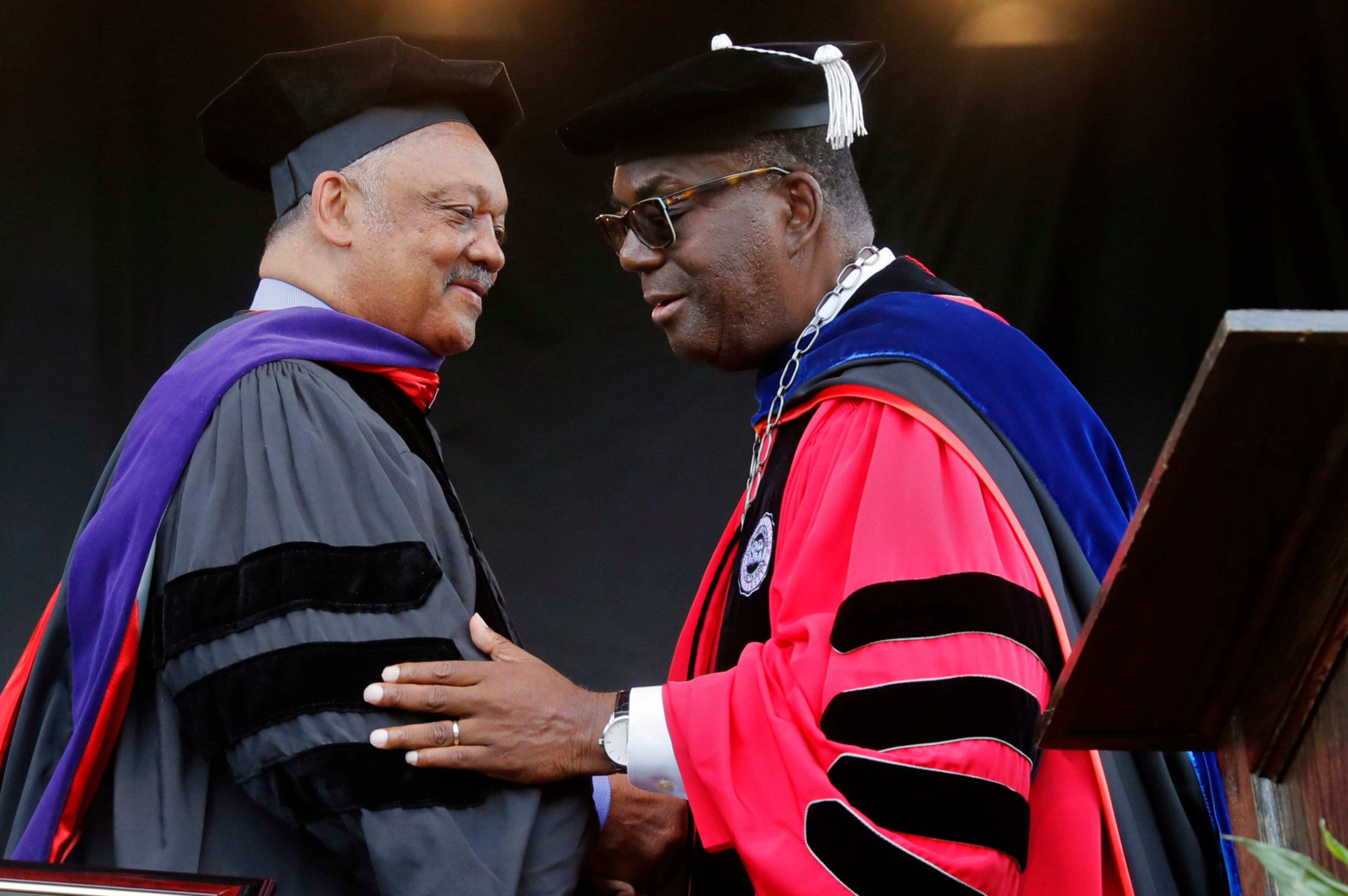State efforts to overhaul school oversight moving slowly
As the DeKalb County School District recovers from problems that led to a steep drop in accreditation, little has come from state leaders’ endeavors to make the oversight of all school systems broader and more transparent.
Gov. Nathan Deal said he’s delaying for another year a push to expand the state’s powers to intervene in struggling districts.
Meanwhile, the attorney general’s office said talks with the accreditation agency to lift the veil on a private investigative process that relies heavily on anonymous sources have been “constructive and ongoing” but have yet to yield agreement.
The dual education-reform efforts arose after the Southern Association of Colleges and Schools put DeKalb, the state’s third-largest school district, on probation in December 2012, threatening to strip its accreditation altogether if the school board and superintendent failed to address management concerns.
Critics have long complained that SACS’ focus on school board governance has little bearing on the ability of schools to teach students, a claim SACS disputes.
“The things that SACS looks at have nothing to do with quality,” said Shayna Steinfeld, a DeKalb parent who pulled her children out of the public school system several years ago because of a gnawing lack of confidence.
On Tuesday, SACS chief Mark Elgart announced that DeKalb had fixed many of its problems and was being taken off probation.
Elgart also addressed concerns about his agency’s emphasis on governance: “Those who say that this review had nothing to do with student performance are mistaken,” he said. “This has everything to do with student performance.” Poor governance, he said, has resulted in financial mismanagement and inadequate allocation of resources, such as technology for classrooms.
But the issue of making SACS more transparent remains unresolved.
Attorney E. Brian Watkins has represented school board members who have run afoul of SACS, including Donna Edler, a board member removed from office after SACS put DeKalb on probation.
Watkins said SACS’ decisions are based on murky investigations that could be politically biased. He said there is no way to determine whether the people SACS talks to in its accreditation reviews are telling the truth because the agency isn’t required to produce documentation about who said what.
Watkins said SACS’ refusal to produce such documentation at hearings this past summer left him unable to convince an administrative judge that Edler should be returned to office. (Edler died several months later of complications from cancer.)
“What’s at stake is the right of the community to have representatives of their choosing as permitted by the Georgia Constitution,” Watkins said.
Attorney General Sam Olens, an open records advocate, acknowledged the issue in August after the Edler hearings. His office subsequently met with SACS attorneys to try to get the organization to voluntarily comply with open records laws and release documents and sources that drive many of the agency’s investigations.
“Negotiations with SACS have been constructive and ongoing,” Lauren Kane, a spokeswoman for Olens’ office, said last week. “We are optimistic that a resolution will be reached.”
SACS has denied open records requests by The Atlanta Journal-Constitution, saying a private organization such as theirs does not fall under the state transparency law for public agencies. A spokeswoman said SACS had no comment on the status of talks with the office of the attorney general.
Georgia’s governor can remove school board members in districts at risk of losing accreditation. Deal replaced six of nine board members in DeKalb — an action since validated, he said, by that school system’s turnaround.
But Deal is putting on the back burner a push to broaden those intervention powers.
“If I’m given the opportunity to serve next year, then it is one of those items that would be a part of a broader agenda in addressing education reform in the state,” Deal said Tuesday. “We have not solved all of these problems about governance in local school boards. It’s an appropriate topic to revisit.”
Deal had asked legislators last year to consider expanding the state’s authority to step in. He said it would top a 2015 agenda that includes revamping the complex education funding formula that has long frustrated politicians and principals alike.
Some lawmakers contend a debate over broader intervention powers is overdue.
“It’s a conversation that we need to continue to have,” said state Rep. Scott Holcomb, a DeKalb Democrat who was among the first to call for the ouster of the DeKalb school board members. “The (Georgia) Constitution clearly grants local control of most education decisions, but the state certainly plays a role. We need to have that conversation and think through policy decisions.”
State Superintendent John Barge, who is running against Deal in this year’s gubernatorial race, said lawmakers should consider making the state board of education responsible for the interventions.
“The state board is really the proper place for the pressure to come from,” he said.



